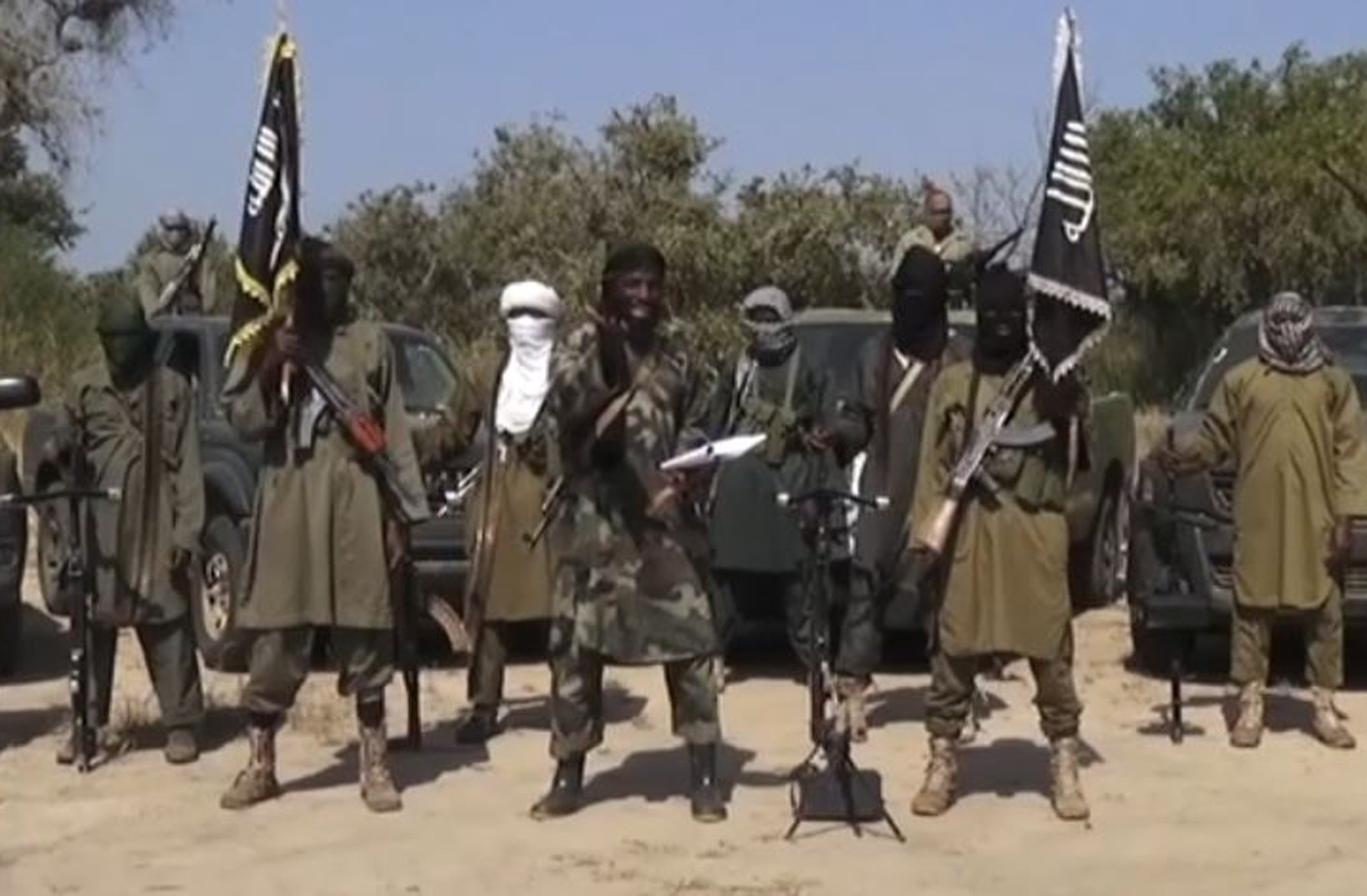Editor’s note: International ISIS Group, in its opinion piece has disclosed the risk of Jihadist contagion in West Africa.
Disclaimer: The views and opinions expressed here are those of the medium and do not necessarily reflect the official policy or position of The Herald.
In West Africa, jihadist movements are spreading like the desert, from north to south. Their influence in Burkina Faso is a growing concern for West Africa’s coastal states. Though these states have suffered very few attacks, their leaders fear that militants will use Burkina as a launching pad for operations further south.
The sub regional organisation, the Economic Community of West African States (ECOWAS), is lobbying for large-scale military operations in response. Yet such operations could prove a blunt instrument in a situation that requires surgical tools; they may aggravate tensions among ethnic groups in vulnerable areas.
Instead, coastal states should adopt measures that are less expensive and likely to be more effective: better intelligence gathering and sharing, better border controls, targeted arrests and repaired relations with populations in neglected northern areas.
ECOWAS should also take steps to minimise risks that elections in several coastal states do not provoke crises that would distract from efforts to rein in jihadists.
Jihadists themselves have repeatedly affirmed their intention to expand into coastal West Africa. True, their ability to do so in the immediate future is unclear: they have yet to carry out attacks in any coastal country’s north and, in the south, they have struck only one, Côte d’Ivoire in March 2016. But militants often act more out of opportunism, exploiting turmoil, than sophisticated strategy. They could draw strength from coastal states’ own fragility.
In that light, the weaknesses Gulf of Guinea countries display, which often mirror those of their northern neighbours, are all the more troubling. Though richer than the Sahelian states, they are plagued by the same underdevelopment of peripheries remote from the seat of power, popular disenchantment with absent or brutal state authorities, and shortcomings in intelligence and security services.
Several Gulf of Guinea countries will hold what appear set to be contentious elections in 2020, meaning the threat of violent political infighting looms. Presidential polls in Côte d’Ivoire, Guinea and Togo could be particularly polarising and dangerous.
Another reason for the region’s fragility lies in states’ inability to work together. They have struggled to develop a united response to the jihadist threat. The creation of several different structures with overlapping security and development mandates has meant that efforts have been scattershot. ECOWAS is now attempting to coordinate, impose some order and mount joint military operations among its member states.
But the sub regional group lacks leadership and the billion dollars that joint operations require and that ECOWAS hopes will be supplied by West African states themselves appears unlikely to materialise, given the economic difficulties those states face.
Given the nature of the threat today, authorities in the region should focus on targeted missions based on reliable information, rather than large-scale operations that may result in the mistreatment of civilians, particularly among populations that are accused of being close to jihadists.
Critical, too, is that ECOWAS and its foreign partners, notably the EU and France, step up diplomatic efforts to avert brewing electoral crises that could turn violent, threaten those countries’ stability as much as jihadists do and create opportunities militants might exploit.
Finally, with a foothold in the coastal countries’ northern areas, the region’s jihadist groups could establish way stations allowing them to get closer to prime targets in the major coastal cities.
Another feat like the March 2016 attack on the Ivorian seaside town of Grand-Bassam would heighten the unrest that the jihadists crave; it would also effectively punish countries like Togo and Côte d’Ivoire for their participation in the UN’s Multidimensional Integrated Stabilization Mission in Mali (MINUSMA).
Ivorian authorities, with the help of French intelligence services, reportedly thwarted several attacks in Abidjan last May. Obtaining this foothold would allow jihadist groups to extend the corridor stretching from northern Mali to north-western Nigeria and northern Benin.
In addition, there is no obvious shared weakness that armed groups could exploit. These countries’ northern regions are made up of territories that are highly heterogeneous in terms of demography, politics and economics.
In this area, stretching for hundreds of kilometres, local dynamics will determine where communal tensions and frustrations will continue to simmer, and where they will boil over into violent movements, led either by jihadists or other armed groups.
In the Nigerian state of Zamfara, for example, organised criminal groups with no basis in religious ideology are spreading terror. The Islamic State in West Africa has relations with these criminal groups, however, and is reportedly attempting to infiltrate them. Crisis Group interviews, soldiers, Abuja, June 2019.



Leave a Reply